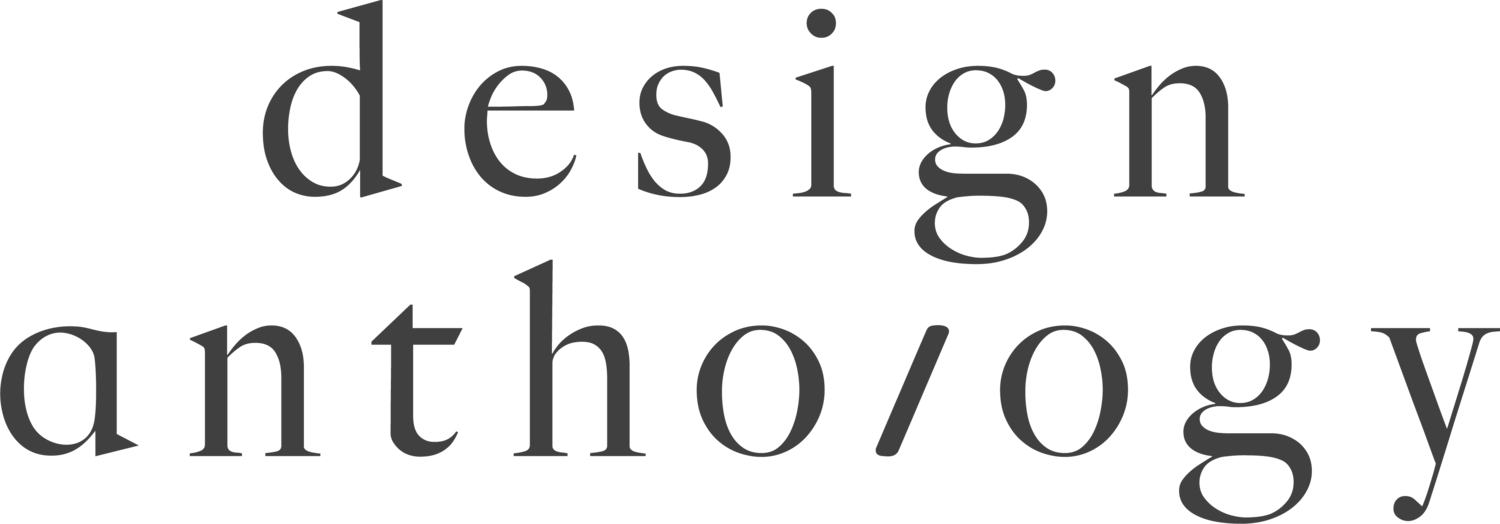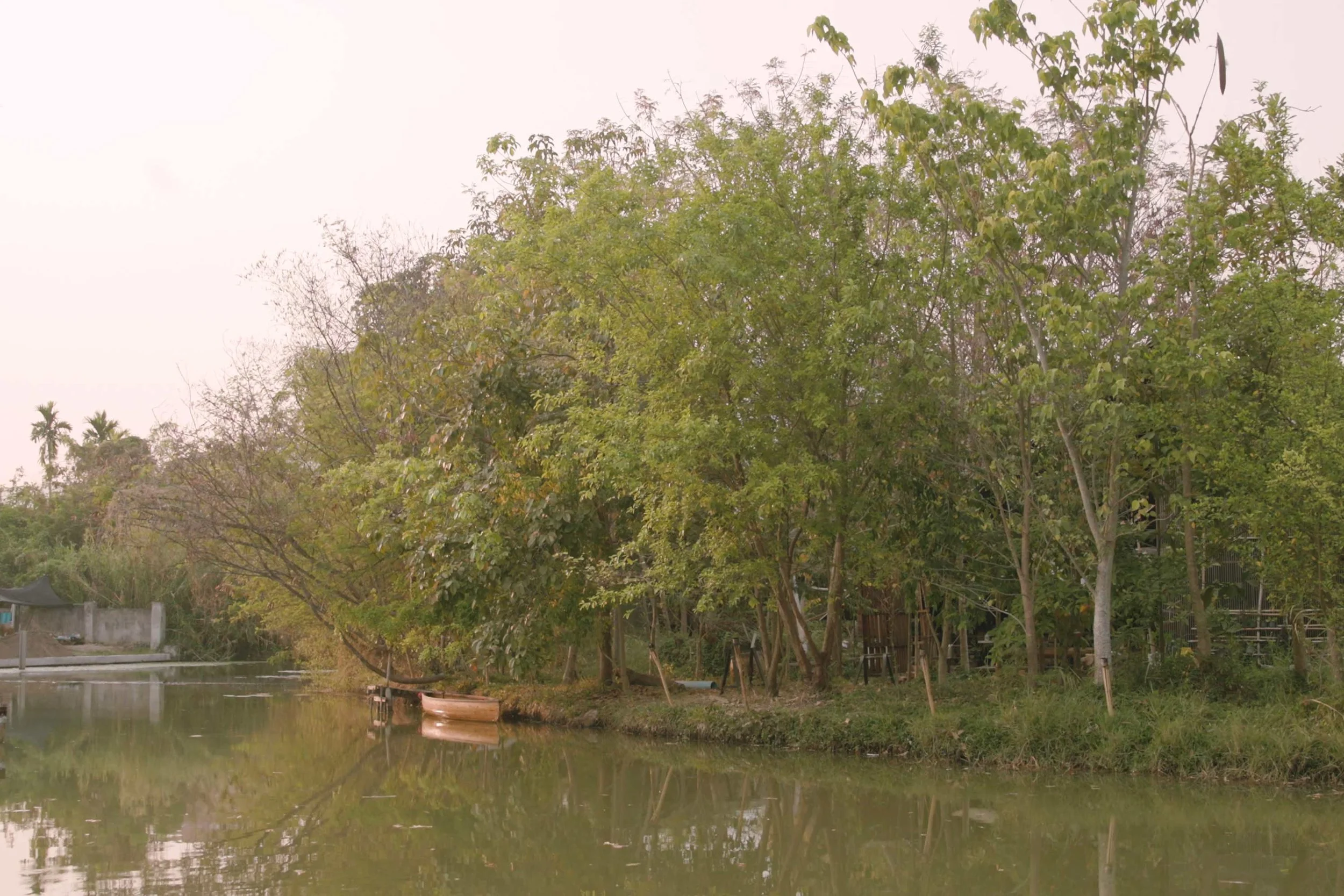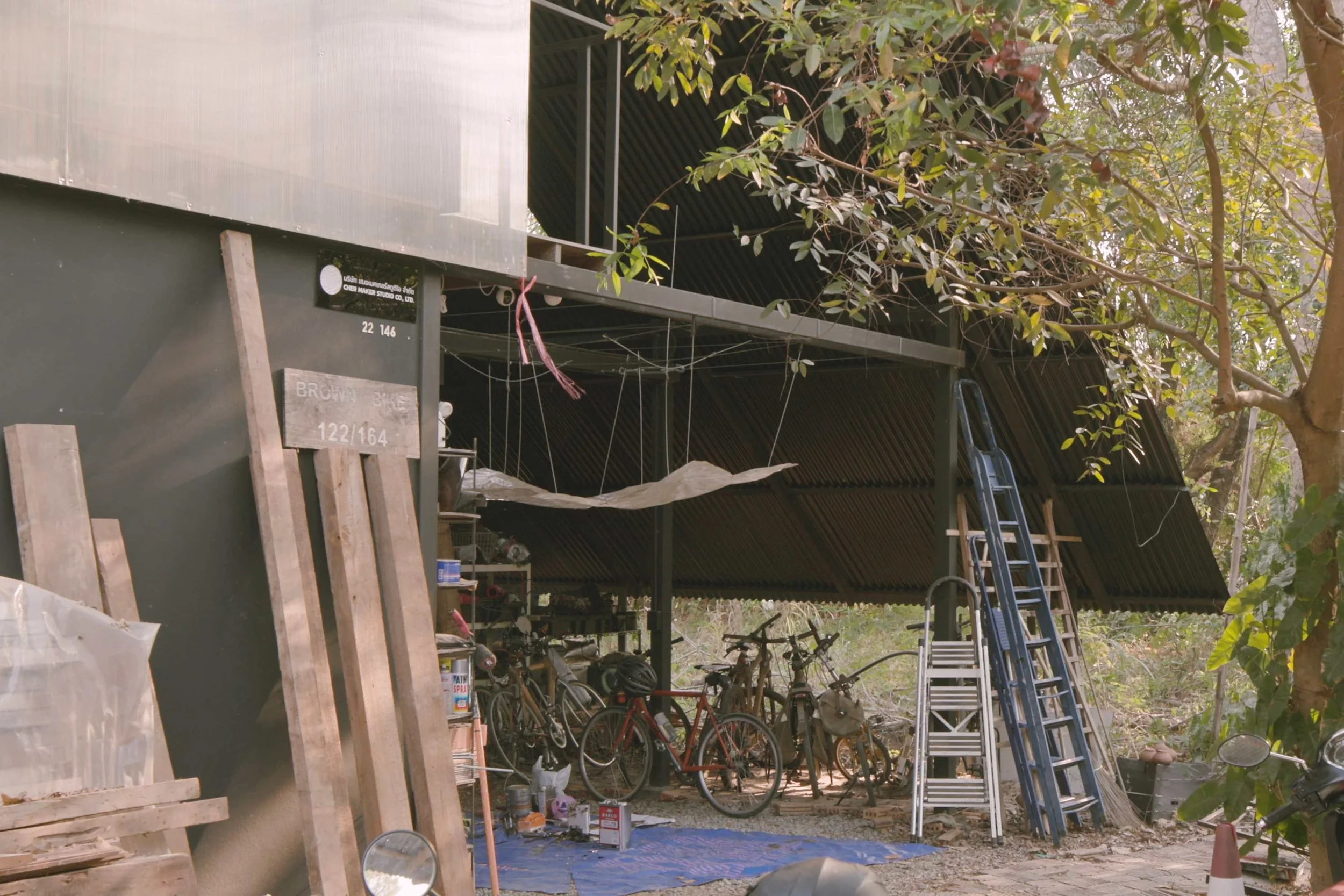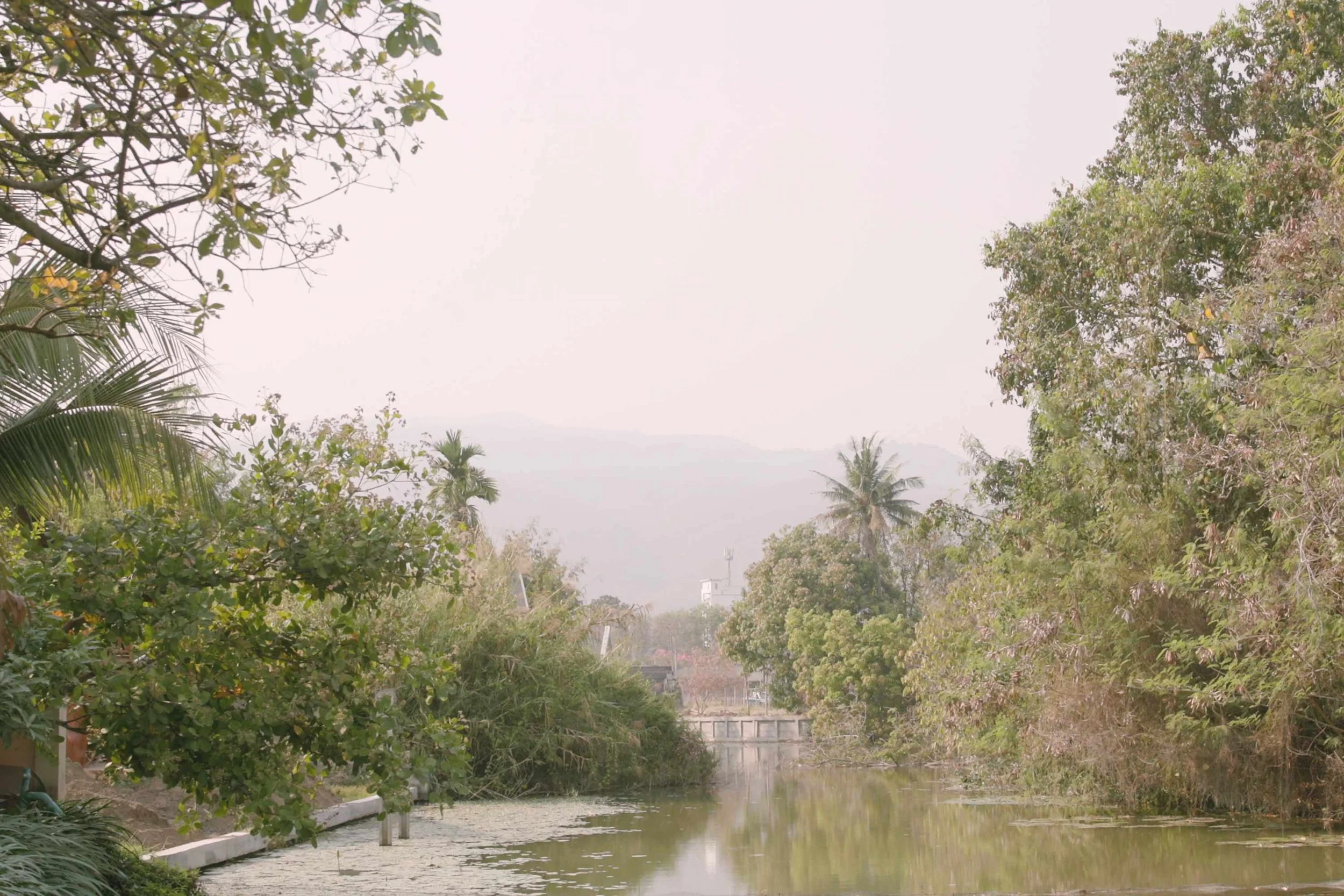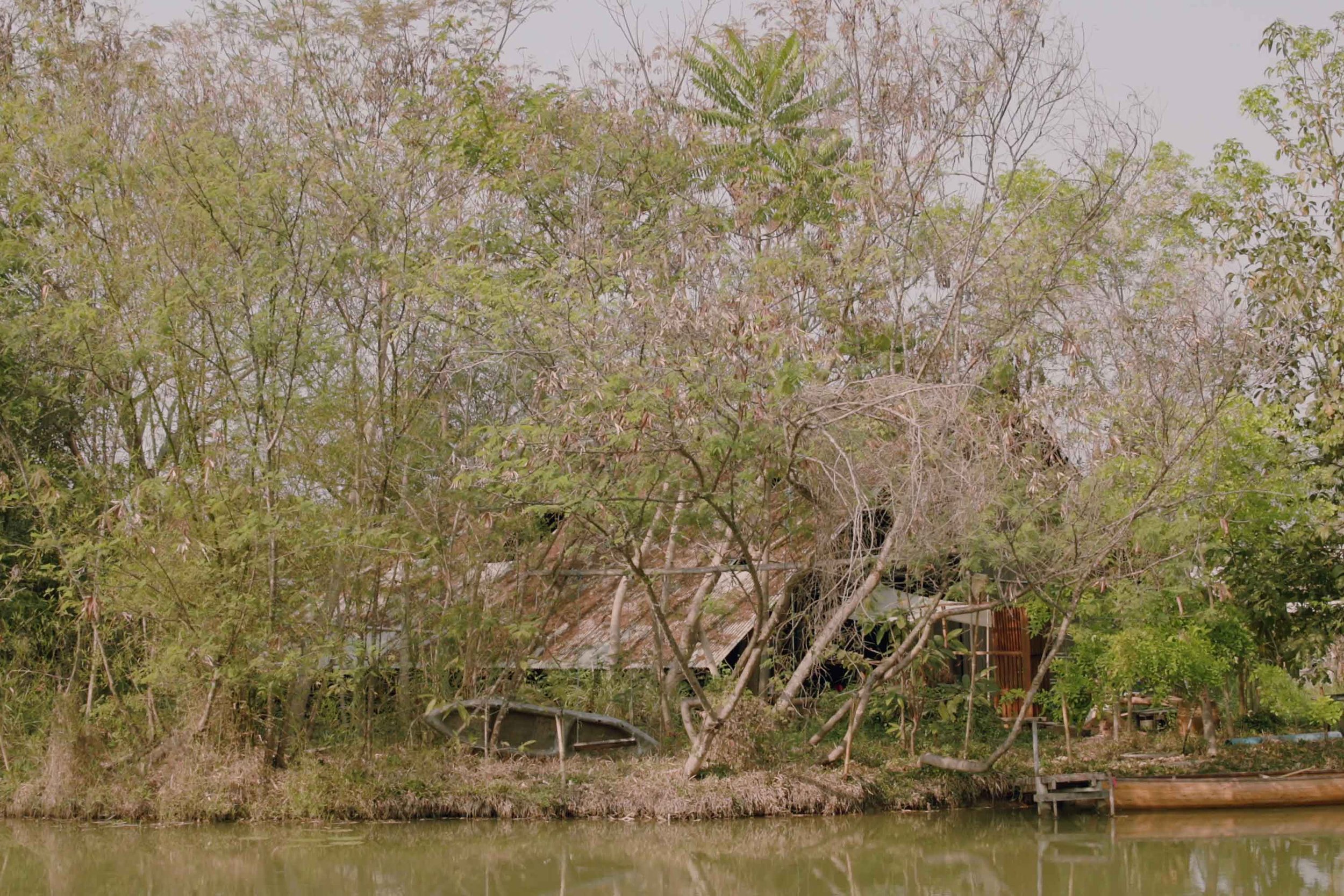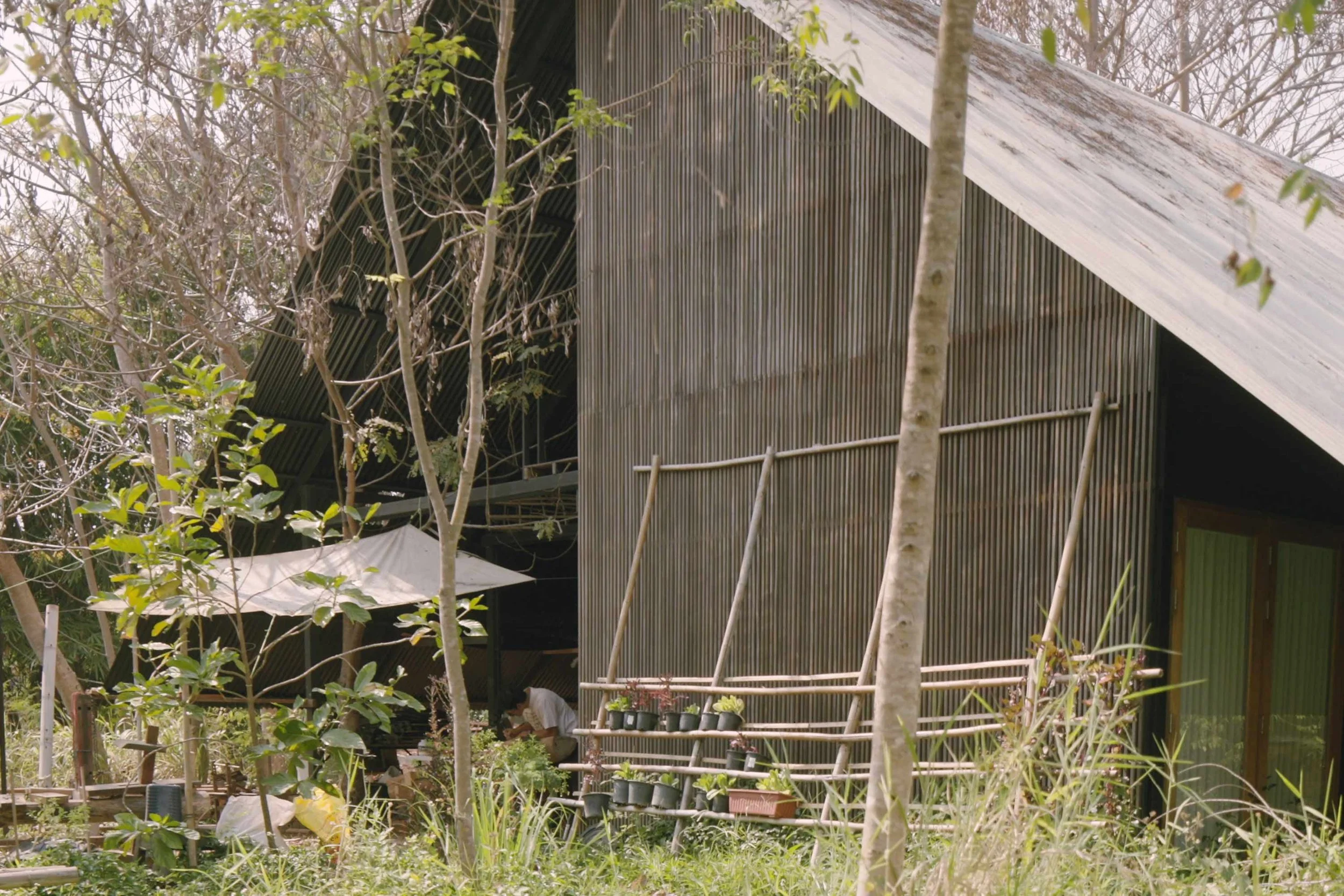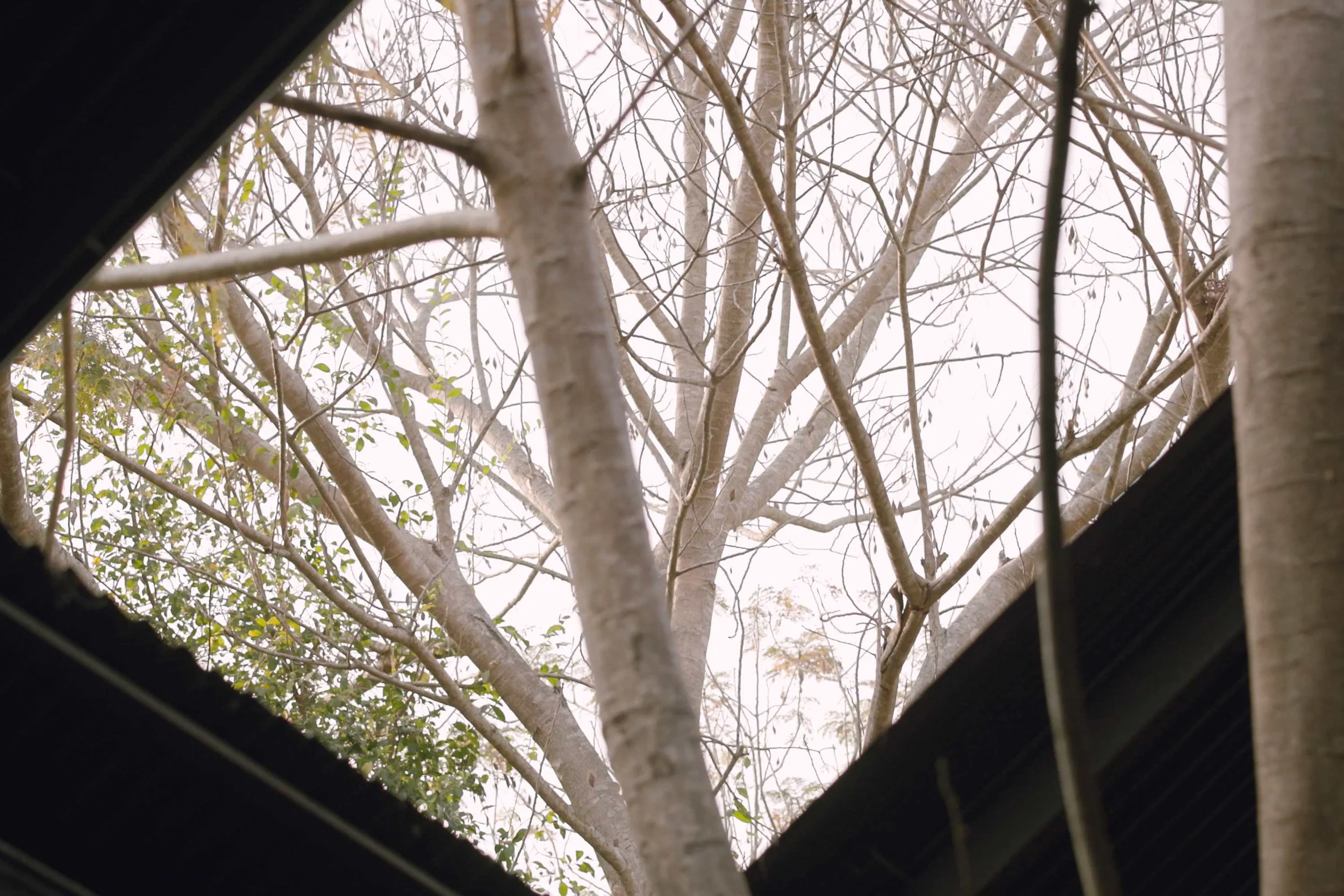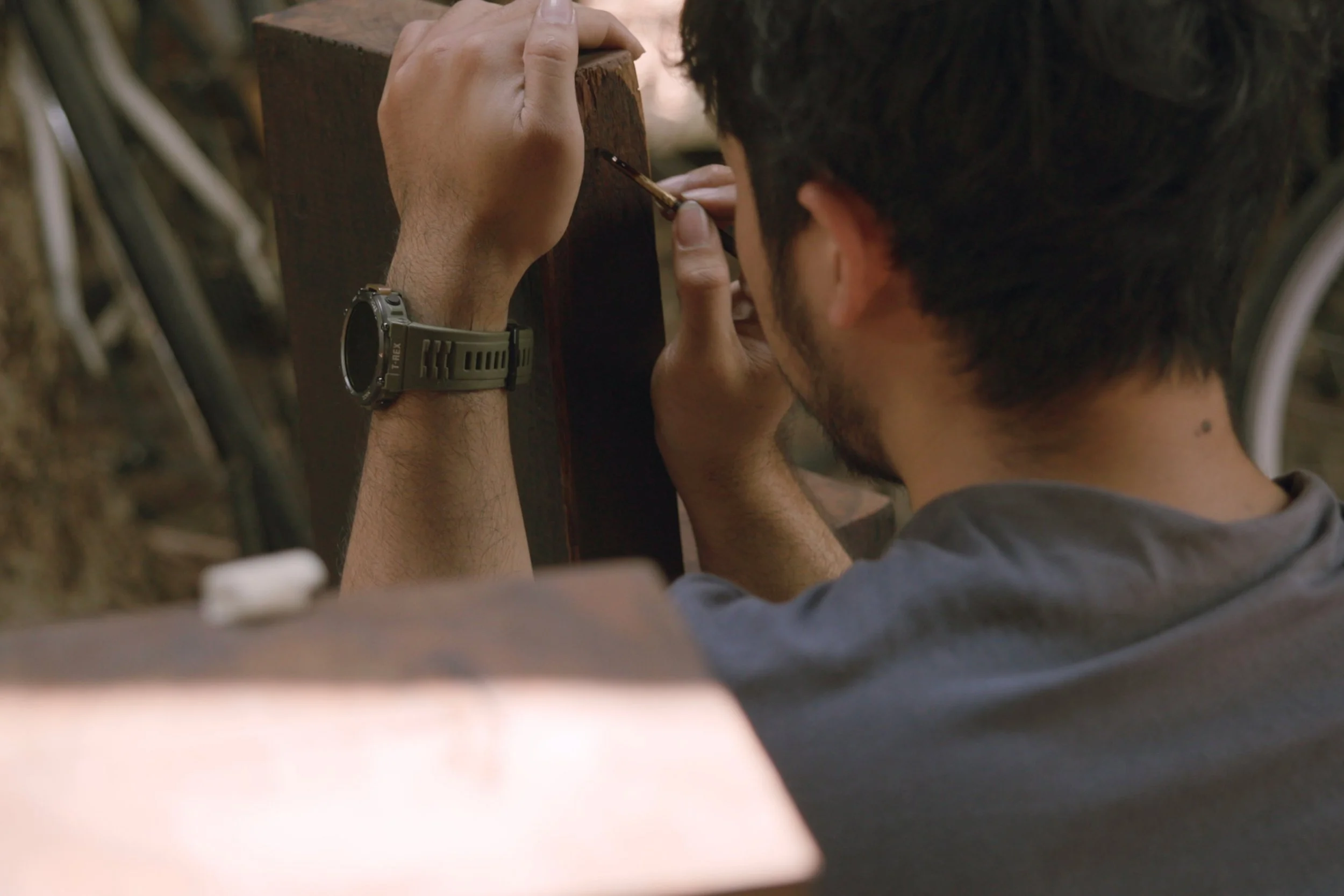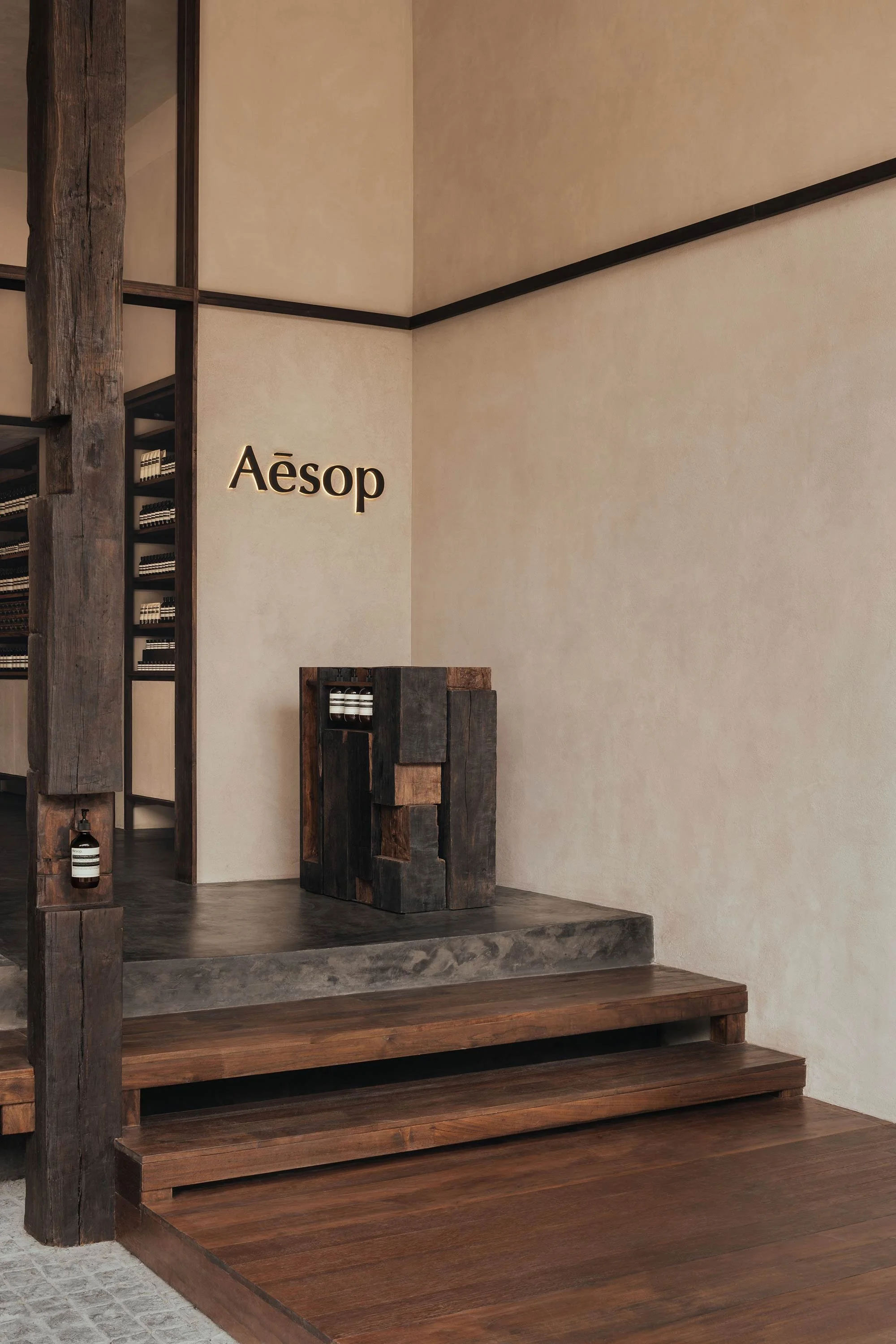Sher Maker Celebrates Tradition and Craft in Aesop Thonglor
Image by Studio Periphery
Chiang Mai-based firm Sher Maker is behind the cult skincare brand’s first street-level store in the Thai capital, and the architects’ commitment to local materials and craft resonates with Aesop’s own approach
Aesop’s design traditions began with hair salon Emeis, founded by Dennis Paphitis in Melbourne in 1987, where the Aesop founder famously spent much of his interior budget on a single mirror that was essential to complete the look.
Almost four decades later, the beloved skincare brand has expanded to more than 400 retail spaces across the globe, but it carries that seed still. ‘Whether it’s situated on a street or within a retail centre, each of our spaces is unique and aims to offer visitors respite from what’s often a crowded, hurried and noisy environment,’ says global retail design director Marianne Lardilleux.
Nowhere is this more evident than in the brand’s new store in the Thonglor neighbourhood, a lively mix of old and new Bangkok. And the location was no mere happenstance, says Lardilleux. ‘Our priority is to choose sites that are convenient to customers, so we consider not only well-trodden paths but also locations that carry the promise of fresh discovery or revival,’ she says. ‘We were fascinated by Thonglor for its unique history, culture and vibrancy.’
Image by Studio Periphery
With the location chosen, the brand’s design ethos came to the fore. ‘It was a natural choice to start with a street-level store designed by a local architect,’ recalls Lardilleux. ‘We conducted extensive research into emerging architectural practices in Thailand and were captivated by Sher Maker’s Wood and Mountain Cabin and Khiankhai Home & Studio. As soon as we met the Sher Maker team, we knew it was a match. We were impressed by their passion and respect for local materials and craftsmanship.’
Sher Maker founders Thongchai Chansamak and Patcharada Inplang felt similarly. ‘We felt like we’d met a friend who we hadn’t seen for a long time,’ says Chansamak. ‘Our way of thinking about design follows Aesop’s principles.’
The founders were also already familiar with Aesop’s design focus. ‘We admire their long-standing position on design, and as designers, we follow their work. Not many brands have decided to invest in store design that adapts itself to the local neighbourhood in each area, and that uses non-conformist designers known for their materials and methods,’ he says.
Image by Studio Periphery
As Lardilleux explains, her brief to the architects was to pay homage to the architectural vernacular of Thailand’s provinces and the surrounding neighbourhood while also embedding circular design principles. And while some decisions can be anticipated, others are arrived at through the design process, once a full understanding of the site’s context and condition has been achieved. Here, when visiting the site, Sher Maker noticed the teak flooring left behind from the previous tenant. This timber became one of the ‘protagonists’ of the design and was used to construct of the Fa-Lhai Room, a timber pavilion designed to engage the senses. The team then sourced more reclaimed teak from the personal collection of the building’s owner and the nearby Bang Ban district.
The entire fit-out was fabricated in Thailand, with Sher Maker teaching the store’s builders the traditional method of Fa-Lhai construction and everything crafted with future reuse in mind. ‘While the use of reclaimed teak wasn’t part of our brief, this intuitive, responsive and meticulous approach is what we hope for from our collaborators,’ says Lardilleux.
The designers appreciated the approach too. ‘We think Sher Maker and Aesop speak the same language in design. We have the same strong ideas about using sustainable materials and building methods,’ says Inplang. ‘In fact, we don’t really have a specific style — we’re a small team of architects and makers who are interested in material research and local methods of building in each specific site. Every project has its own design language.’
Chansamak and Inplang have a highly pragmatic take on their use of sustainable materials. ‘It’s not to romanticise the story of sustainability or traditional architecture, but we sincerely care about the limitation of local raw materials,’ Inplang says. ‘Our forest resources have become limited as the industry wasn’t properly regulated, and now most wooden houses and buildings are made of reclaimed wood due to a logging ban. That depletion has led us to study and understand more about different types of local timbers and how to recycle them, giving them a second life rather than having them go to waste.’
Image by Studio Periphery
Sher Maker’s approach to the local touches for Aesop Thonglor was similarly pragmatic, and works beautifully to refer to the local vernacular without resorting to pastiche. ‘Thai architecture is not only about depicting traditional designs — we always consider rural architectural language that tends to be forgotten, such as recycling or upcycling of timber when locals build their houses in the provinces,’ says Chansamak.
Visitors will immediately be drawn to the centre of the space, which is anchored by a centrepiece that evokes a kraba-din, a traditional fire pit at the centre of many villages, but
exploration reveals further craft detail, with traditional methods creating the very structure of the store: traditional joinery techniques bind the space together, from the robust posts to the simple, inviting benches.
‘Aesop meticulously researches and creates their spaces, similarly to how each product is formulated, with extensive and utmost care,’ says Chansamak. True to the brand’s DNA and the collaboration, Aesop Thonglor is a space that’s both welcoming and welcome.
Text by Philip Annetta
Image by Studio Periphery
Image by Studio Periphery
Image by Studio Periphery
Image by Studio Periphery
Image by Studio Periphery
Image by Studio Periphery
Image by Studio Periphery
Image by Studio Periphery
Image by Studio Periphery
Image courtesy of Aesop
Image courtesy of Aesop
Image courtesy of Aesop
Image courtesy of Aesop
Image courtesy of Aesop
Image courtesy of Aesop
